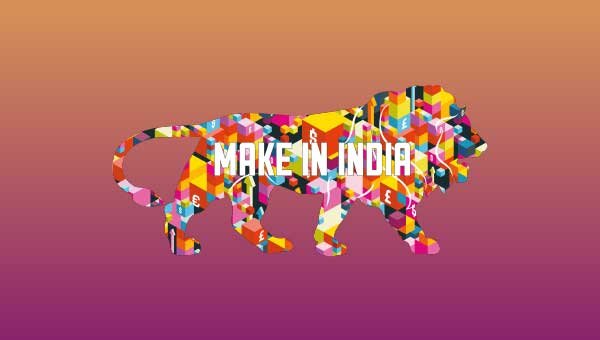Opportunities for Startups in healthcare
Startups need to dirty their hands to offer quality services to the customers than just about building an app and a website for an unorganized sector.
Giving this advice, Abhiraj Singh Bhal, Co-founder of UrbanClap, said that a start-up entering the unorganized sector should be willing to get its hands dirty.
Speaking at the 92nd Annual Convention of FICCI on the theme ‘India: Roadmap to a US$5 Trillion Economy’ on 21 Dec 2019, Bhal shared his experience of creating UrbanClap – an app and website through which consumers can order trusted and high-quality home services.
Bhal is taking UrbanClap forward, explaining how he accidentally stumbled upon this large unorganized sector.
UrbanClap is a platform for these blue-collar professionals to get training, legitimacy, right tools and technology and where they, for the first time, get to keep 80% of what the customer pays.
“So, for the first time we see these professionals making Rs.40,000-50,000-60,000 per month. They have decency of life and are part of India’s middle class, and there is an incentive for them to behave in a professional manner,” he said.
“We have close to 100 training centers in 15 cities. We have an internal log of 200 full-time trainers and in a given month we train 4,000-5,000 professionals, and many a time, absolute freshers with no experience,” he informed.
Bhal also talked about the struggles of raising capital especially in an unproven sector with no global playbook like the one in which UrbanClap operates.
A huge number of technology-led start-ups in the healthcare space in the last 5-7 years, according to Meena Ganesh, MD, CEO and Co-founder, Portea Medical.
“It is possible for start-ups that are innovative to find a space where they can make a difference,” she said.
“There is a huge opportunity that start-ups are seeing in all categories of financial products,” added Naveen Kukreja, Co-founder and CEO, Paisabazaar.com.
Financial sector is unique because it not only contributes directly to the economy and the GDP but is a big enabler, contributing indirectly to the growth of other sectors as well, said Kukreja.
“Digital revolution is going to change the way things happen. The biggest revolution that has happened is what technology has done to the world of start-ups,” elaborated Dr Saurabh Srivastava, Former Chairman, NASSCOM.
He added that start-ups are beginning to engage in the real challenges of India.
With approximately 30,000 start-ups and 30-plus unicorns, India is today home to the third-largest start-up ecosystem globally.
“Projections indicate that by 2025, India may well have 100,000 start-ups, employing over 3.25 million people, and producing 100-plus unicorns, with a total market value worth over US$500 billion,” said FICCI President Sandip Somany.
“It is the entrepreneurial spirit of the Indian businessman and businesswoman which is the single most powerful factor to drive this economy forward,” added Dr Sangita Reddy, President-elect, FICCI. fiinews.com











